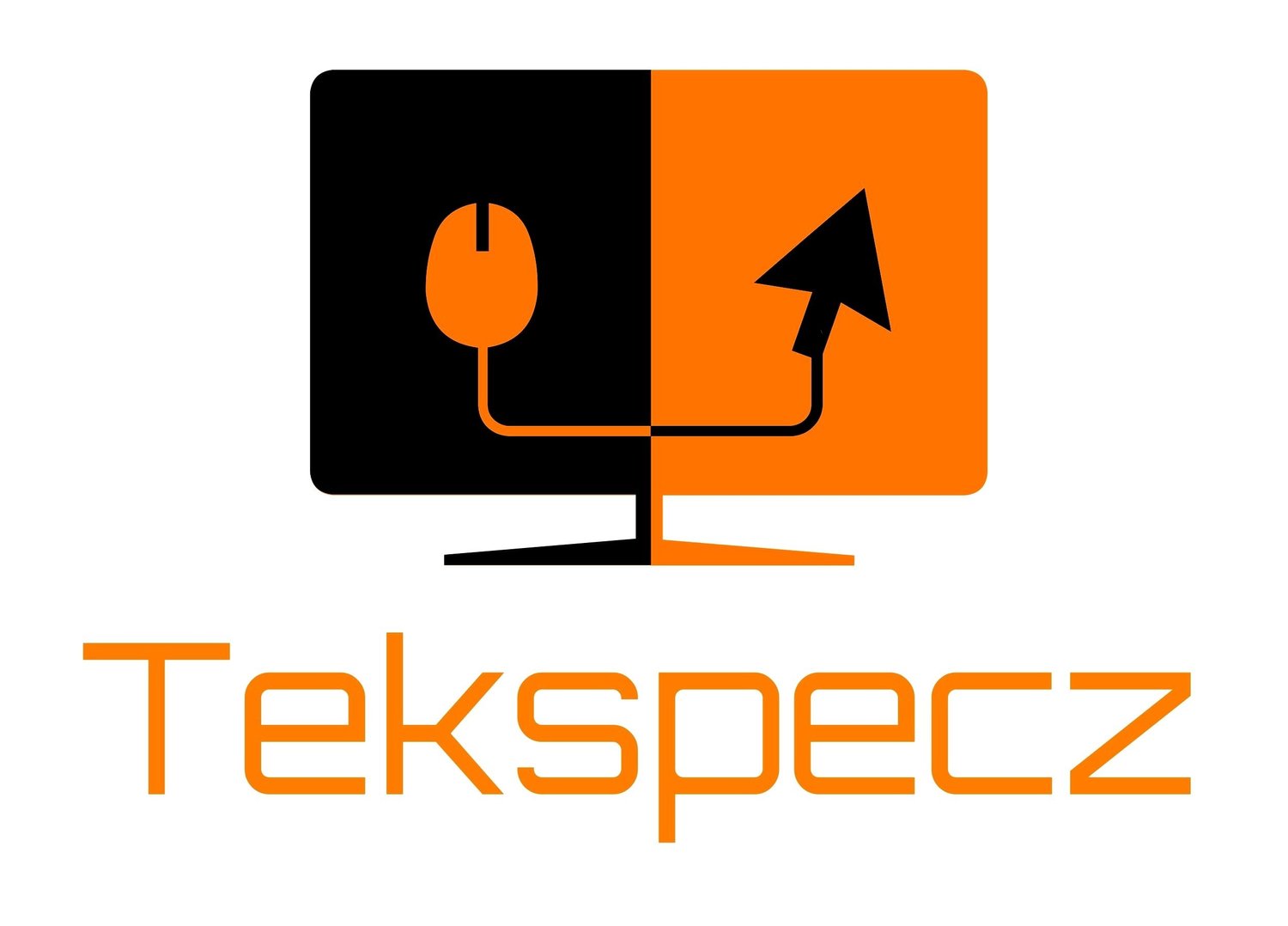You have to be a real technology geek to be stalked about what Intel has just revealed, and what has Intel revealed that has me basking with excitement? It's the Optane Memory with 3D XPoint technology, which in my opinion could be a technological game changer. My initial thought was maybe Intel was releasing a new SSD adding to the few variant drives they already have on the market.But its main purpose is not to store data. Let me further explain what's going on.
Intel Optane is not an actual drive but low latency high response memory module that you place directly in front of the hard drive, well you actually insert in a M.2 slot that's on the latest gen motherboard. It acts as a aid to the hard drive, translating to much faster boot times, and rapid app launches. To put it simply, this piece of hardware will increase the speed of your computer.
Now the logical thing to do is to add another SSD and have it act ass a cache drive instead of a storage drive. There are all sorts of software tweaks you can download in achieving caching operation. The problem with that is turning a SSD cache drive is not a easy process, at least it wasn't for me. Secondly, you can just add more RAM, yes it will improve system performance, but you have to remember and for those who may not know how RAM works, RAM itself is volatile memory, meaning once you turn off your computer it refreshes and loses every single data stored. That is why when you bootup your computer you might notice there is a 20 second lag in app lauches upon boot, this is actual data being loaded onto RAM.
With Intel Optane, its non-volatile, this means it won't reset when your computer is turned off like you have with RAM. When you reboot computer, with Optane you should notice immense increase speed.
Optane is made to piggyback off of much slower hard drives, and running a file architecture would mean apps are first priority in a storage pile and accessed rapidly.
According to Intel, Optane will be adaptable, meaning drivers and software will gain knowledge as to which file will be frequently used, adding files to the same up-front cache. Intel also states that users will definitely notice the difference in speed of operation claiming much faster boot times, browser will launch four times faster than normal, and Office apps will load six times faster. Now this is all according to Intel, if Optane hold true to its claim of being fast would have be left up to benchmark tests.
During demo session done by Intel, loading image files in Photoshop and much resource intensive games like Wolrd of Warcraft in side by side computer test, one of which was powered with a 16GB Optane memory chip. The computer running the Optane memory shaved 10 seconds off in comparison to the other computer.
Availability of the Intel's Optane Memory will take place on April 24 (preorders beginning on March 27), it will come in 16GB and 32GB variants. The retail price will be, are you ready for this? Just $44 for the 16GB version and $77 for the 32GB version. Are you excited at what Intel have in store for you techno enthusiast? I know I am.



